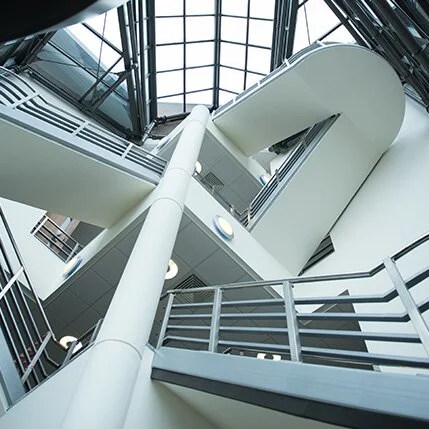When is the residential property market not in the news? Very rarely is the correct answer and if you are a Daily Mail reader, the answer is never!
Recently the usual hares were set running with regard to house prices, when the Governor of the Bank of England, Mark Carney, speculated that a no-deal Brexit could cause a 30% drop in house prices in the UK. Cue Armageddon type headlines in the papers and panic in the streets of middle-class Britain. Should we all be nervous? Hmmmm…
For those of you of a certain age, this probably all sounds rather familiar. Let us consider the following historical events and the effect they had on the property market.
Between May 1988 and May 1989 house prices rose by an average of 28.9%. That is a virtually unprecedented rise over a short space of time and was surely the sign of a badly over-heating market. Over the next six years the value of the residential market succumbed to the lengthy early 90’s recession (many people have forgotten this particular downturn) bottoming out in July 1995 at a level 13.2% lower than the height of the market in 1989.
Of course, if you bought property at the height of the market in 1989/90 this was very bad news and plunged many into a negative equity situation over the medium term but for many who had bought earlier, the rise in value during the 1980’s far outweighed the effects of the early 90’s recession and they were still in a healthy, positive equity situation.
Let’s move forward to 2007/8. This economic shock is regarded by many economists as only being beaten by the Great Depression of the 1930’s in terms of the extreme negative impact it had on the global economy. Reading back over the press coverage at the time, there are reports of house prices crashing by 26% over the space of twelve months. In actual fact there were huge local differences in terms of what happened. In areas of Wales and the North East of England there were falls of 35% to 40% over twelve months, whereas in certain areas of Central London prices only dipped by 4%. Overall the national average was about a reduction of 10.6% but, as we have already stated, local conditions varied widely.
You may be pondering what the lesson from looking at both these examples of economic woes is? Before we get to that let’s look at some comparable average house values over the years.
The ‘real’ average price of a house, adjusted for inflation, is currently around £200,000 compared to £89,000 in 1995. There was the aforementioned recession in the early 90’s, but even at the high point of the market in recent decades, 1990, the average price was just below £120,000. If you want to go further back the real comparative average price of a house in 1975 was £83,126.
Basically, residential property values significantly out-strip inflation over the medium to long term. It is a proven and reliable investment. Why does residential property remain a good investment? Because it is desired by many. However, remember it is more than that. It is a home.
What should you consider when you want to buy a house even in uncertain economic times?
- There is a shortage of housing in this country. The number of new houses being built never stays up with demand. A shortage of supply in the long term will push up prices. This is basic economics of supply and demand.
- We live on a relatively small island. The amount of available land for building houses is much less than other countries therefore this has an effect on supply.
- Remember, you are buying somewhere to live. Buy somewhere you want to live not because it looks like it may go up in value more than the average.
- Your focus is usually on the medium to long term in terms of value, so short-term economic fluctuations can be ridden out. Don’t worry about month to month changes.
- Properties in a good location, near good schools and amenities have a premium attached to their value and tend to be more resilient in holding their value.
- If you are buying in the South East, history shows us you are cushioned from the worst effects of recession because of the affluence of the area and proximity of London.
- Even if you sell you are not going to be realising the value unless you downsize, which is likely to be toward your later years.
Buying a house will always have some macro-economic risks attached to it but there is no such thing as a bad time to buy if you are thinking of living in the property for a good few years. Values will rise over the long term. You will make your money back and more.
Your house is your home and your retreat as well as a nest egg for future years. Treat it as a home and the value will look after itself.
Catherine Shacklady – rhw’s Residential Property Team
rhw’s property team look after your interests. We use highly experienced staff. We ask the right questions. We tell you what you need to know. You are our client not a case number. Call rhw Solicitors in Guildford on 01483 302000 or email [email protected]


